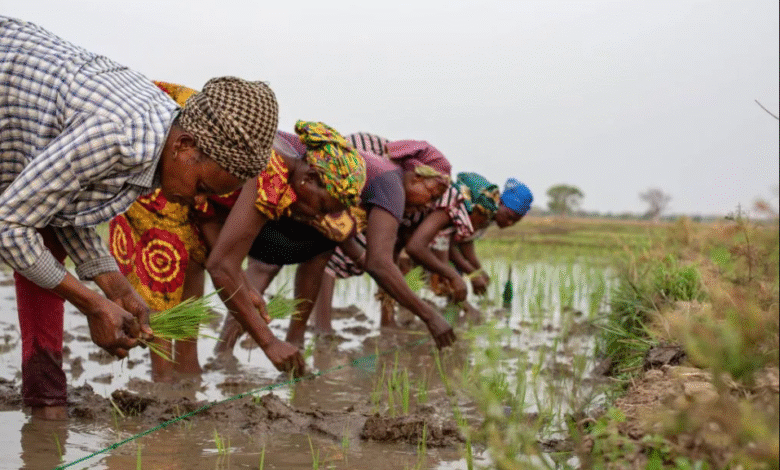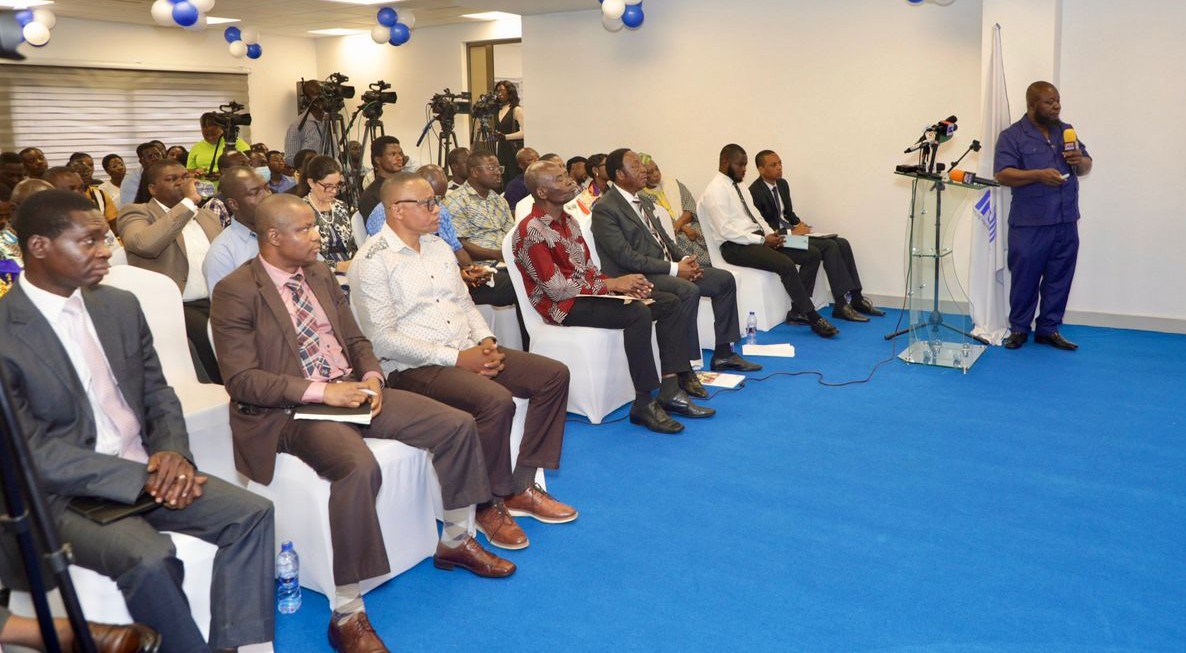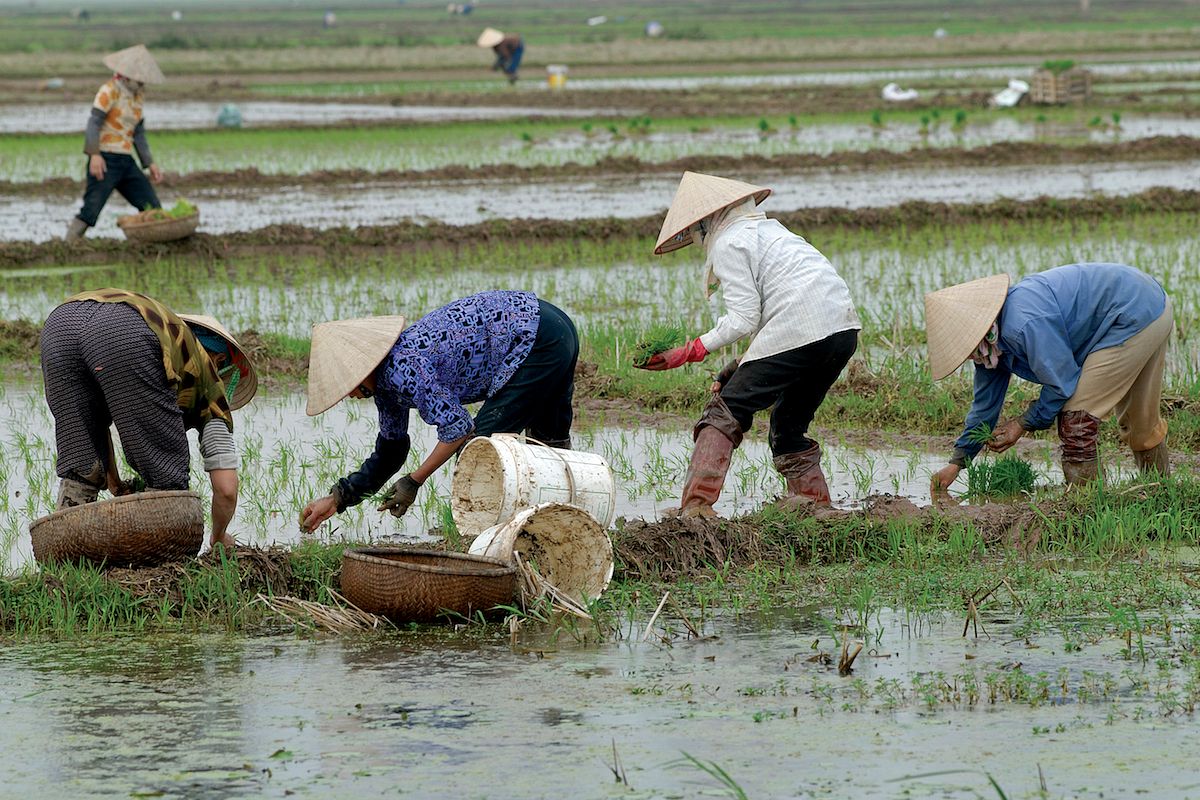IFS Calls for Rice Development Board to Revive Ghana’s Struggling Rice Industry

The Institute for Fiscal Studies (IFS) is calling for the establishment of a Rice Development Board (RDB) to help Ghana fix its struggling rice industry and reduce the country’s heavy dependence on imports.
In a new report titled “Increasing Importation of Rice in Ghana: Can the Country Transform Its Fortunes in the Rice Sector?”, the IFS argues that the government’s limited involvement in the sector has been a major reason local production remains low despite strong potential.
Weak Government Role, Weak Results
According to the study, Ghana’s approach of leaving rice production largely to the private sector has failed. While countries like Vietnam and Thailand have achieved global success through strong state-led initiatives, Ghana’s “hands-off” stance has resulted in what the IFS calls “market failures.”
Farmers continue to face challenges such as lack of access to quality seeds, fertilizers, irrigation facilities, and modern machinery. As a result, Ghana still imports a large share of the rice its citizens consume, draining foreign exchange and hurting local farmers.

A Rice Development Board for Lasting Impact
The IFS recommends that government set up a legally established Rice Development Board (RDB) to coordinate and oversee all national efforts in rice production — from planting and harvesting to processing, storage, and marketing.
The proposed board, the study says, should be well-funded and empowered to address key bottlenecks directly. It should handle:
-
Seed Development and Distribution: Producing and marketing certified, high-yield rice seeds suited to Ghana’s environment.
-
Fertilizer Supply: Setting up local fertilizer plants and offering tax incentives to private producers to make fertilizer affordable for farmers.
-
Irrigation and Mechanization: Working with the Ghana Irrigation Development Authority (GIDA) to develop irrigation systems on 1.9 million hectares of arable land suitable for rice farming, while also promoting local production of rice-farming machinery.
Learning from Global Success Stories
The IFS points to Vietnam and Thailand as examples of what deliberate government action can achieve. Both countries built strong public institutions that supported farmers with finance, training, and export opportunities — transforming rice into a major economic driver.
Ghana, the report notes, has the same potential if it establishes a permanent body like the RDB to coordinate and sustain interventions beyond changes in government.
A Lifeline for Local Farmers
For farmers across Ghana, such as those in the Northern, Volta, and Bono East regions, this recommendation represents hope. With better access to fertilizers, irrigation, and improved seeds, they could increase yields, earn more, and help the country save millions of dollars spent on rice imports each year.
The IFS concludes that a Rice Development Board would not only improve food security but also create jobs, support smallholder farmers, and move Ghana closer to becoming a net exporter of rice.





